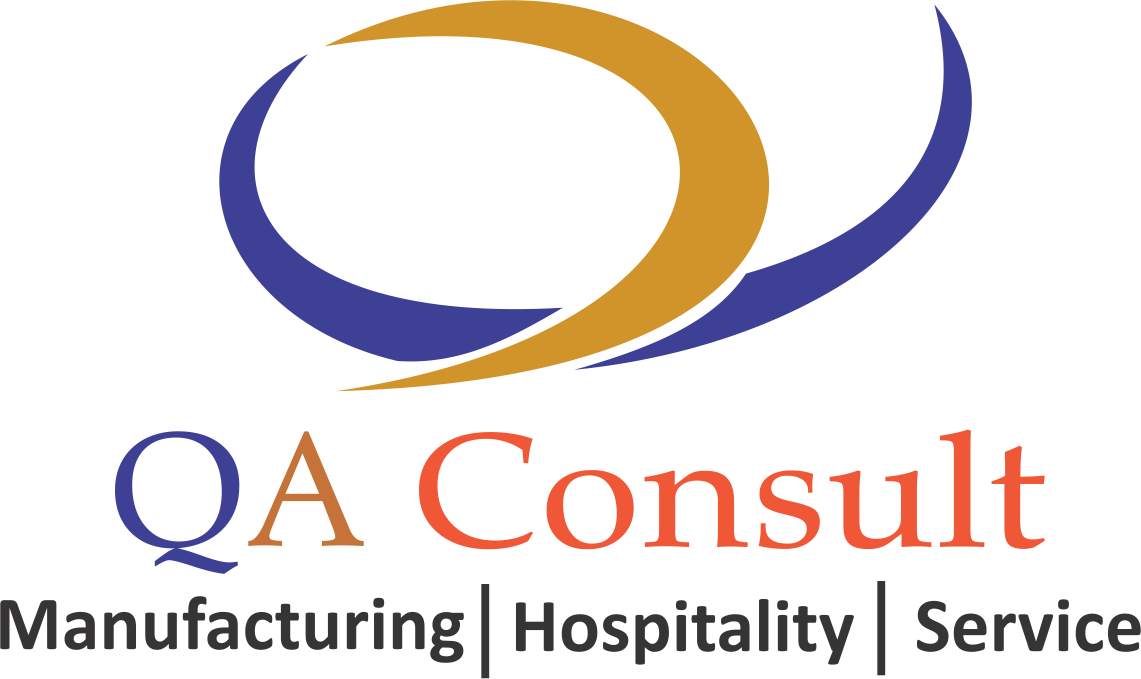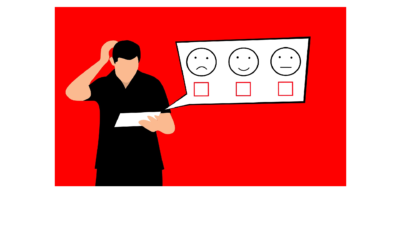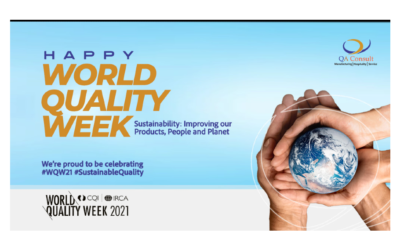The Quality Circles
(Part 3)
This will be the last in the series for Quality circles. This article would be looking at the core functions of the various layers in the structure of Quality Circles. The importanceof kaizen projects cannot be underestimated and Quality Circles if properly instituted becomes a vehicle on which improvement projects can ride. Kaizen is a Japanese term meaning continuous improvement. This Japanese business philosophy takes its root from processes that continuously improve operations and involve all employees.
Structure of a Quality Circle
A senior manager is nominated to ensure the overall coordination of the activities of the teams. The steering committee comprises the Coordinator and the Facilitators who shall have oversight responsibility of the activities of the established Quality Circles. The steering committee is now taken through a series of training programmes which includes; group dynamics, team building and facilitation, effective communication, conflict resolution and problem-solving techniques. The establishment of Quality Circles must fit into the overall business strategy. Top management should understand clearly what needs to be done, how the circles are going to work, the logistics needed and finally the need for implementation of crystalised ideas.
Quality Circles Coordinator
The Quality Circle Coordinator’s role is key to the success of the overall programme. A senior manager is nominated by the steering committee to this role to have oversight responsibility for the various quality circles that may be established. The Coordinator chairs the steering committee meetings and reports to top management. He/She ensures the programme is run seamlessly, effectively and in a self sustaining manner. He is also responsible for assisting the Quality Circles deliver on chosen projects. The publication of a newsletter on all activities embarked on by the various Quality Circles is a good way of cataloging the success of the programme and it is the responsibility of
the Coordinator to ensure this is done.
In many cases programmes within organisations stay within individual departments but in the case of Quality Circles the organisation as a unit must be aware of the improvements being made by through the activities of the Circles and this should be disseminated by the Coordinator. Members of Quality Circles need training. The Coordinator is tasked to prepare training materials and ensure the members are
adequately trained.
Giving opportunity for Quality Circles to present to management is one way of motivating the members. The coordinator must regularly liaise with Circles Facilitators to ensure meetings are held on time and presentations adequately done for top management.
Quality Circles Facilitator
Facilitators for quality circles are nominated by the steering committee. They are usually senior managers or supervisors at the departments where Quality Circles are established. Departmental Heads, their assistants or any other senior person can play the role of a Quality Circle Facilitator. The Facilitator gives guidance to the Circles for the conduct of meetings based on the procedure agreed on by the steering committee and also ensures that meeting minutes are adequately taken to reflect activities and deliberations.
It is the responsibility of the Facilitator to arrange for the required training for Circle members with support from the Coordinator. This includes logistics such as a suitable training room, teaching aids and any other resource which would be needed for training. He/she is the first point of call when the Circle faces challenges in the execution of their activities. The Facilitator should be in the position to seek external support as required by the Circles, resolving all issues that may come up.
Quality Circles Leader
In order to have smooth deliberations at the Circles level, the Circle members choose a leader from among themselves. This position is not permanent and hence is occasionally reviewed. A rotational system is usually employed to ensure that each member of the Circle gets the opportunity to also lead.
The Leader is the convener of Circle meetings and is responsible for maintaining all documentation related to the activities of the Circle. He/She liaises with the Circles Facilitator and the Coordinator during training programmes for Circle members. It is also the responsibility of the Leader to ensure all members are involved in the setting of goals and reviewing progress of all activities. The Leader champions the Circle
culture and encourages a participatory approach to problem solving. Last but not least, it is the responsibility of the Circle Leader to prepare for management meetings by putting together presentations on behalf of the Circle.
Quality Circles Member
Every Quality Circle needs volunteers. These are people drawn from the department or areas where the Quality Circle is formed. They are responsible for identifying problems in the work area and ensuring these are presented for consideration by the team during meetings. Circle members actively participate in meetings by generating workable ideas for each problem identified. Team cohesion is one of the basic training programmes organised for Circle members. The main function of the Circle members is to identify problems and come up with simple workable solutions using problem solving tools.
Conclusion
The realisation of every goal starts with planning, followed by execution. Fantasising about a programme will not yield results but will actually waste time always thinking of doing it but staying motionless. Setting up the governing structure for quality circles is the first most important step in realizing your goal for the organisation. The last in this series would look at the core functions of the various layers in the structure above and some problem-solving skills the circles may use to achieve all the objectives outlined.
Johnson Opoku-Boateng is the Chief Executive & Lead Consultant, QA CONSULT (Consultants and Trainers in Quality Assurance, Health & Safety, Environmental Management systems, Manufacturing Excellence and Food Safety). He is also a consumer safety advocate and helps businesses with regulatory affairs. He can be reached on +233209996002, email: johnson@qaconsultgh.com.
Related Stories
Management Review – A Must for Organizations
Management Review - A Must For OrganizationsThe beginning of every year sees a lot of New Year resolutions. Every individual is encouraged to reflect on the past year; on achievements and failures and feed the outcomes into the new year. Indeed, the role of goal...
Industry & Consumer Information with Johnson Opoku-Boateng: The Rise and Rise of Women in Business
Industry & Consumer Information with Johnson Opoku-Boateng: The Rise and Rise of Women in Business“Black female entrepreneurs don’t make excuses, we find solutions. We’re leaders – resourceful, ambitious, hardworking and creative. We’re powerful, unstoppable,...
This Week is World Quality Week 2021
This Week is World Quality Week 2021The Chartered Quality Institute (CQI) used to celebrate World Quality Day on the second Thursday in November. However, this year CQI is celebrating the World Quality Week from 8 to 12 November 2021. The QA (Quality Assurance)...
Get In Touch
HEAD OFFICE
Aviation Highway , East Airport ( Spintex)
Landmark: Endpoint Homeopathic clinic



